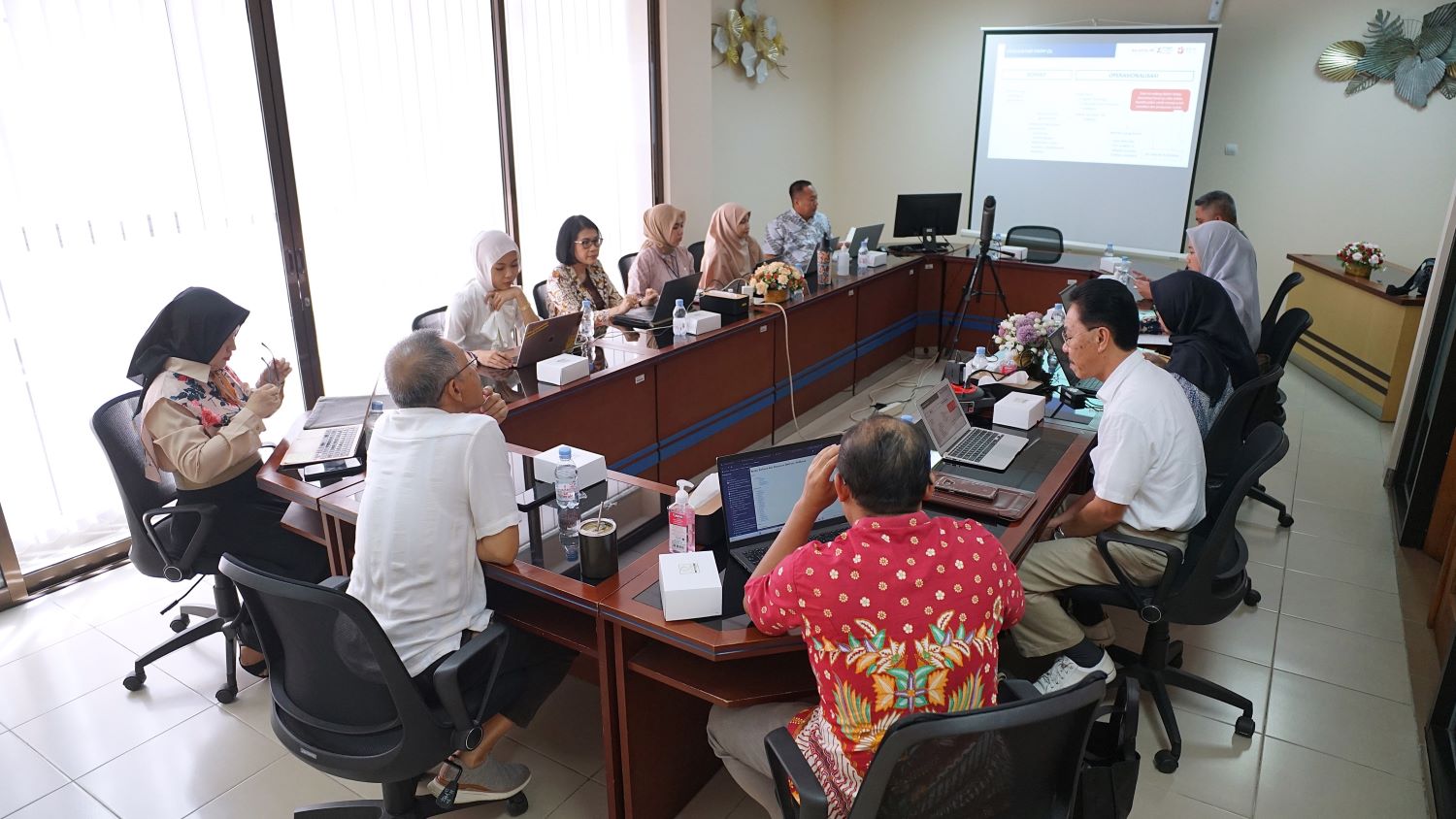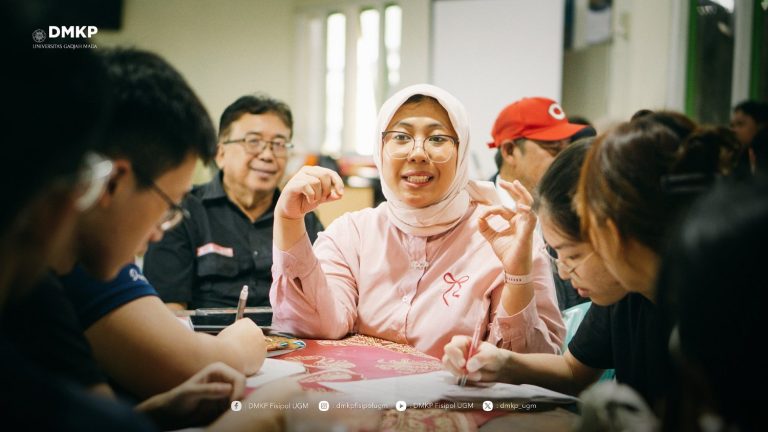Yogyakarta, August 29, 2024 – The Department of Management and Public Policy (DMKP) at Gadjah Mada University (UGM), in collaboration with the National Research and Innovation Agency (BRIN), held a dissemination event for the assessment results of the Governance and Development Index (ITKPP). This event aimed to present the concepts and findings of the ITKPP, which have been developed and implemented in several provinces in Indonesia.
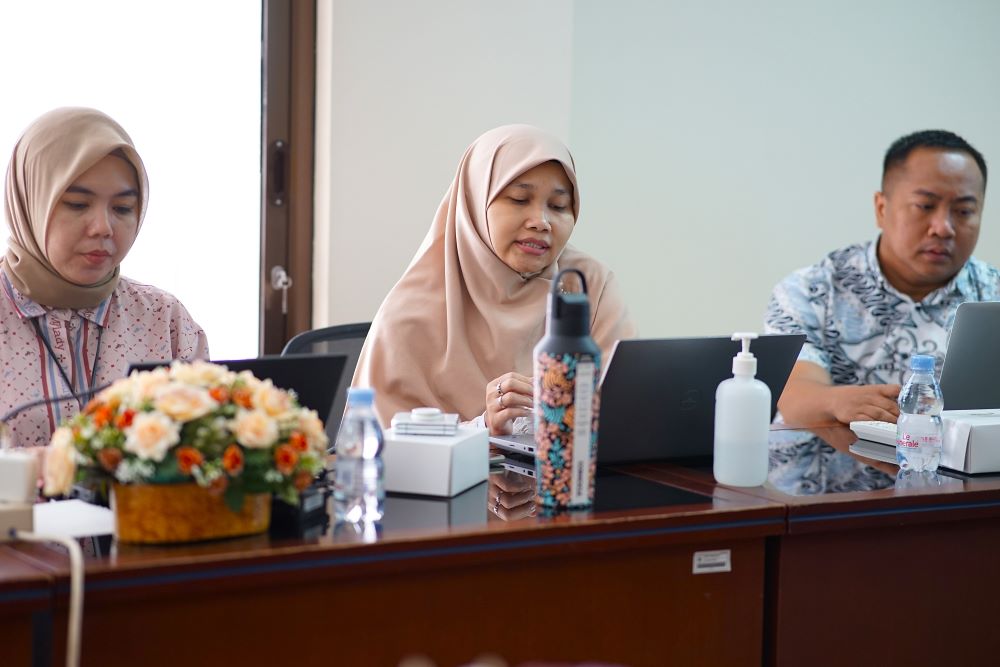
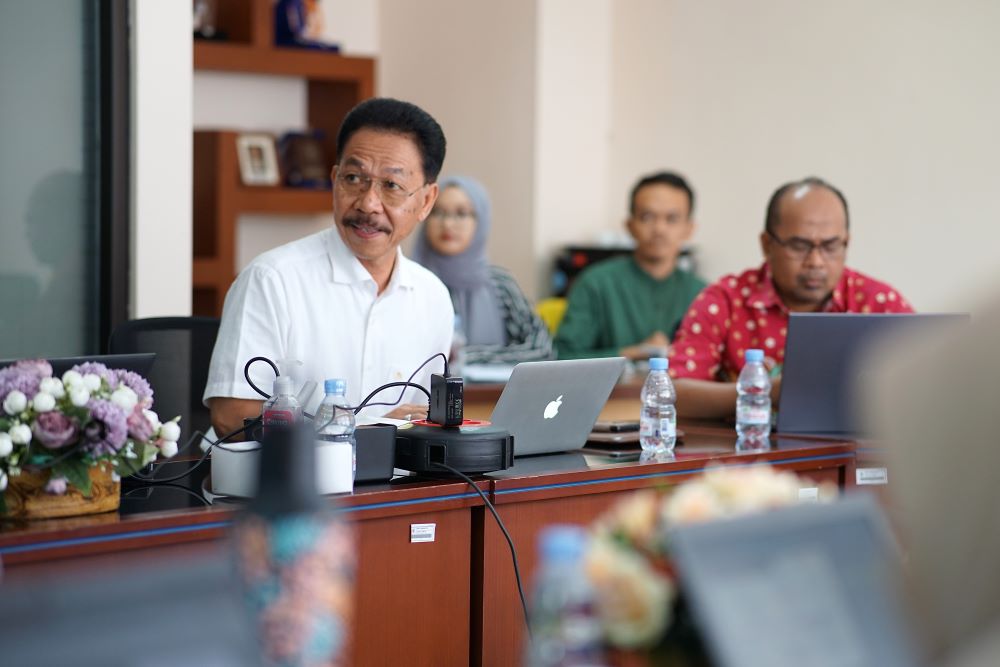
The Urgency of ITKPP in the Indonesian Context
The development of the ITKPP is crucial given the complexity of governance in Indonesia, which often overlooks aspects of locality and inclusivity. This index is designed as an effort to provide a more relevant measure in assessing governance and development across various regions, considering the unique characteristics of each province.
Indonesia still faces numerous challenges in governance, as reflected in the Chandler Good Governance Index (CGGI) 2023, where Indonesia ranks 46th out of 104 countries. Therefore, the ITKPP is expected to serve as a more suitable tool for evaluating government performance at both national and regional levels.
Stages of ITKPP Development
The development of the ITKPP was carried out in three main stages. First, a conceptual study aimed at reconstructing the governance concept to align with the Indonesian context. Second, a literature review was conducted to develop a valid and reliable index instrument and methodology. Third, the implementation of this instrument and methodology in the field to collect data and produce accurate assessments.
In 2023, this process resulted in four main pillars of good governance practices: democracy, development, social inclusion, and local wisdom. The index was initially tested in Central Java Province, focusing on the aspect of local wisdom, which then served as the foundation for further development in six other provinces in 2024.
2024 Activities and Results
In 2024, the ITKPP’s strategic programs involved assessments in six provinces, verification and validation of the results, and dissemination of these findings to experts from various universities. An analysis was conducted on 14 local regulations related to the four main aspects of ITKPP: development, democracy, social inclusion, and local wisdom. The review of these regulations resulted in significant assessment criteria, which will be used as benchmarks in provincial evaluations.
The dissemination of these assessment results aims to gather input from academics who have been involved since the beginning in the development of the ITKPP concept. This activity is expected to enrich the concepts and findings and strengthen the validity of the developed index.
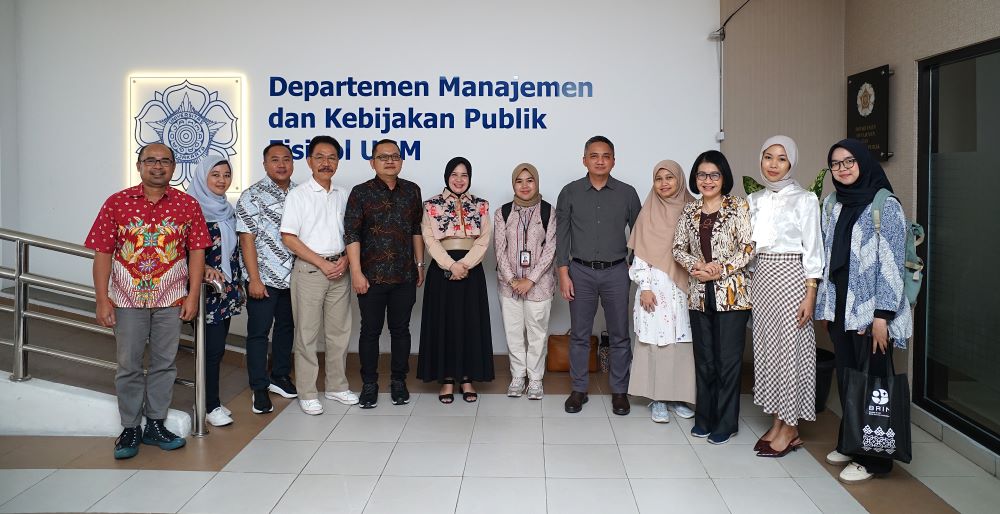
Conclusion
This dissemination event marks an important step in developing a more accurate and context-appropriate governance assessment tool for Indonesia. By involving experts from various universities, the assessment results are expected to become a comprehensive and measurable reference for future policy-making.

